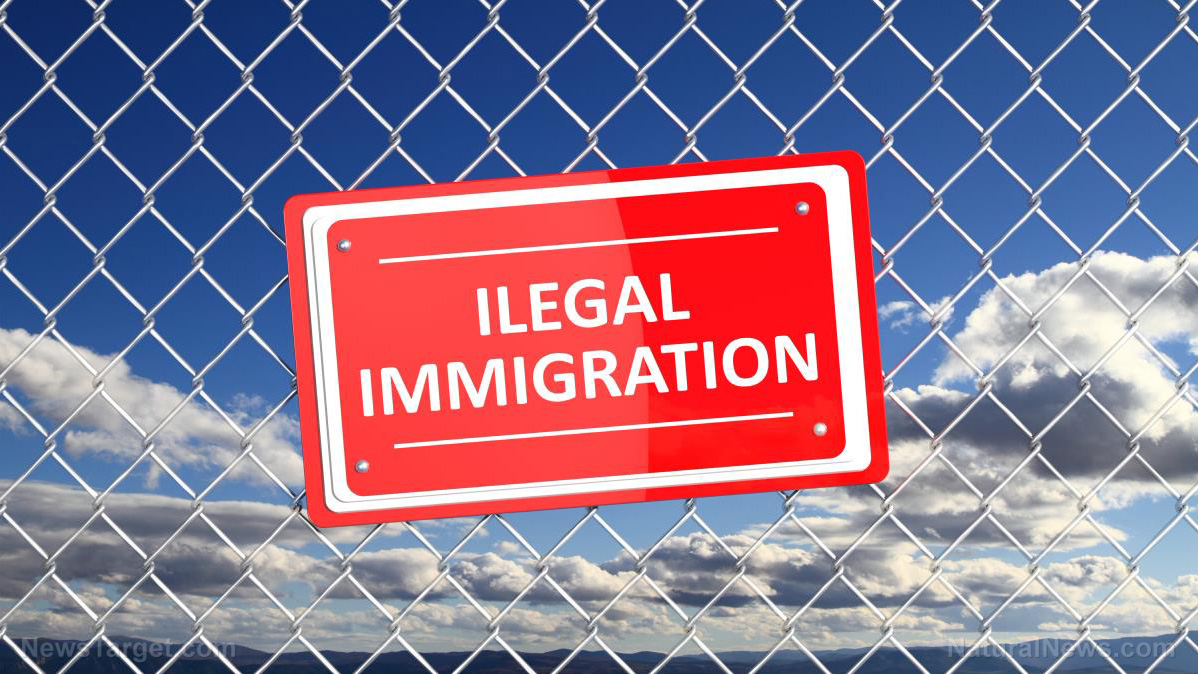
- HB 3 (effective January 2025) bans social media for children under 14, overriding parental consent. HB 744/SB 868 (2025) mandates social media platforms to provide law enforcement with decrypted minor (under 18) messages via subpoena, effectively requiring encryption "backdoors."
- Critics argue the encryption mandates undermine digital security for all users, as backdoors weaken end-to-end encryption (e.g., Signal, WhatsApp). Privacy advocates warn this could expose minors discussing sensitive topics (e.g., mental health) and increase hacking risks (e.g., Salt Typhoon breach).
- HB 3 faces lawsuits for violating free speech and interstate commerce; HB 744 may conflict with Fourth Amendment protections against unreasonable searches. Technically, platforms cannot create "minor-only" backdoors without compromising broader encryption systems.
- Florida’s laws mirror failed attempts elsewhere (e.g., Nevada’s 2023 bill), using child safety to justify surveillance. Advocates propose alternatives like digital literacy programs and stronger data privacy laws instead of blanket bans/backdoors.
- The legislation highlights tensions between government oversight and personal freedoms, with outcomes potentially setting precedents for global digital governance. Experts urge balancing online safety with protections for privacy and free expression.
Florida's dual approach: Banning under-14s while demanding encryption backdoors
HB 3, known as the “Online Protection for Minors Law,” prohibits children under 14 from creating social media accounts, emphasizing parental control unilaterally. Critics contend it undermines parent autonomy and is unenforceable, given global platforms’ diversity. Meanwhile, HB 744/SB 868 targets minors under 18, mandating platforms to break or bypass end-to-end encryption—privacy protocols that secure messages—when law enforcement presents a subpoena. This move, as outlined in HB 744, effectively demands encryption “backdoors” for minors’ accounts, a provision technology experts warn could erode security for all users. The legislative momentum reflects Florida’s broader strategy to limit minors’ digital exposure while expanding surveillance capabilities. Yet proponents and opponents alike recognize the bills’ unprecedented legal ambiguities and technical impracticalities. For instance, platforms like Signal or WhatsApp, which rely on end-to-end encryption, would face impossible demands: either build exceptions for minors (rendering broader encryption systems vulnerable) or ban the feature entirely, leaving underage users without secure communication tools.Privacy advocates sound the alarm: Encryption backdoors threaten everyone’s safety
Cybersecurity experts argue that mandates like HB 744 undermine the very protections that safeguard individuals online. Encryption is “the best tool we have to protect communication,” stated digital rights advocate Thorin Klosowski, noting the value of privacy for minors discussing sensitive issues like mental health or family planning. Undermining encryption for 18-and-under accounts could expose broader systems to hacking, as seen in breaches like the Salt Typhoon incident in 2024, where a law enforcement breach unintentionally compromised global security protocols. The shift from vague surveillance measures in HB 3 to explicit backdoor demands in HB 744 has alarmed civil liberties groups. Unlike prior bills, this legislation explicitly links subpoenas to encrypted content, asserting legality while ignoring the technical reality that backdoors cannot be “selectively” applied to minors. As the Electronic Frontier Foundation (EFF) noted in an amicus brief during Nevada’s 2023 hearings on a parallel bill, content-neutral approaches—such as user reporting and metadata review—remain more effective at addressing online harm without compromising privacy.Legal quagmire and broader implications: A blueprint for national policy?
Both bills already face significant legal hurdles. HB 3, currently awaiting rulings in federal courts, was challenged immediately upon passage for violating free speech and interstate commerce clauses. The new encryption proposal similarly risks constitutional disputes, particularly under the Fourth Amendment, which protects against unreasonable searches without probable cause. Additionally, HB 744 lacks enforceable age-verification standards, leaving platforms to navigate arbitrary enforcement or risk noncompliance. Florida’s approach mirrors similar attempts nationally. Nevada’s 2023 bill, struck down after legal challenges and public outcry, similarly conflated law enforcement access with underage protection. Advocates argue that focusing on digital literacy in schools and strengthening data privacy laws would address risks without sacrificing online safety. Yet Florida’s persistence underscores a national trend where child safety rhetoric is increasingly leveraged to justify expanded state digital surveillance.A crossroads for digital rights and governance
Florida’s legislative gambit thrusts the state into the center of a national struggle over privacy, security and free expression. While lawmakers frame their proposals as necessary for child protection, experts and privacy advocates warn they could set a dangerous precedent for broader surveillance. As courts weigh the constitutionality of previous laws and the public absorbs these new proposals, one question remains paramount: Can society prioritize genuine online safety—through transparency, education and robust protections—without surrendering fundamental rights? The outcome in Florida may well determine how governments worldwide navigate this critical choice in the digital age. Sources include: ReclaimTheNet.org EFF.orgLife expectancy in Gaza halved during first year of war, Lancet study finds
By Cassie B. // Share
Digital marketing’s stealthy assault on childhood nutrition fuels global obesity crisis
By Willow Tohi // Share
Nvidia’s $500B U.S. AI bet counters China trade threats, fuels Trump’s jobs push
By Cassie B. // Share
By Finn Heartley // Share
Greg Davenport’s “Surviving Cold Weather”: A comprehensive guide to thriving in the icy wilderness
By Belle Carter // Share
Life expectancy in Gaza halved during first year of war, Lancet study finds
By isabelle // Share
Federal immigration officials to screen social media for antisemitism posts
By lauraharris // Share
Trump moves to cut federal funding for "death trap" sanctuary cities
By avagrace // Share
Trump imposes staggering 104% tariffs on all Chinese imports, escalating trade war
By lauraharris // Share









